Firms accelerate sales of real estate holdings
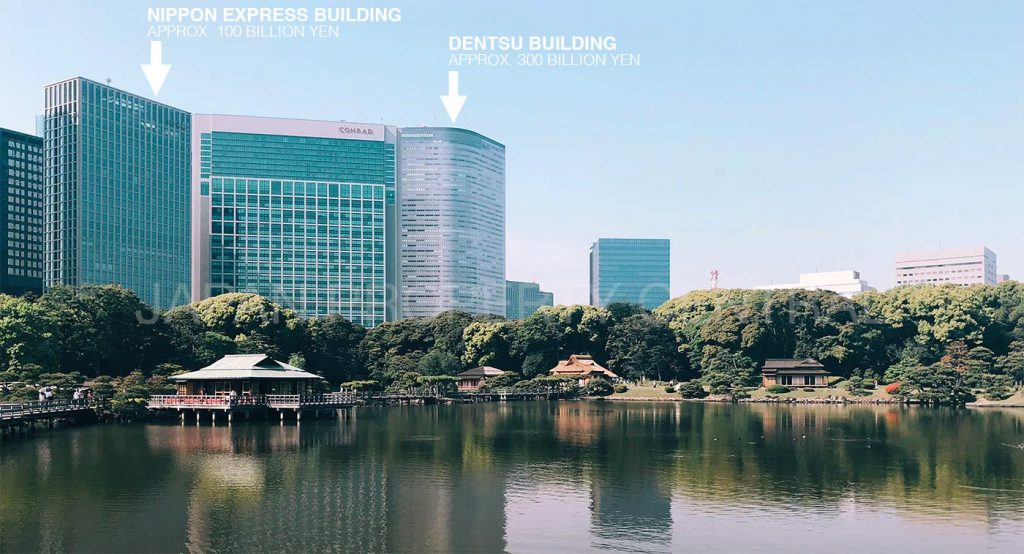
As anticipated, some of Japan’s major corporations are fastening the sell-off of their prime real estate holdings as the effects of the pandemic continue. Finding buyers for these key assets is easy, with worldwide monetary easing seeing wealthy funds on the hunt for real estate in safe and stable environments.
8% of short-term ‘minpaku’ rentals close since start of pandemic
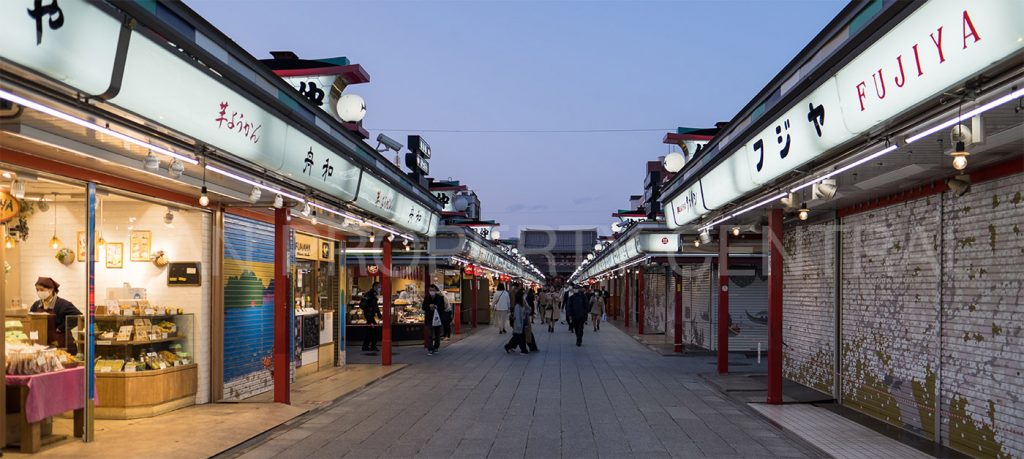
According to the Japan Tourism Agency, the number of registered short-term ‘minpaku’ rentals nationwide has dropped from a peak of 21,385 in April 2020 to 19,520 as of March 2021.
Quick real estate news summary for the week
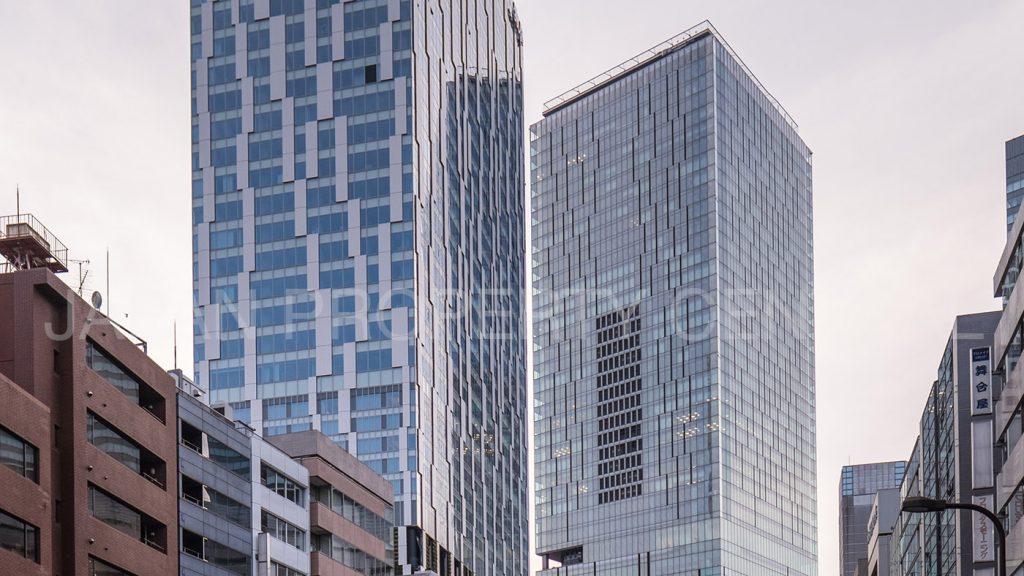
OYO sells short-term letting unit, New World resort for Niseko, and DeNa moves into WeWork. Below is a quick weekly summary of some of the recent goings-on in the Japanese real estate market.
Aoyama Asia Mansion being redeveloped

Asahi Kasei Realty & Residence Corporation and World Residential Co. are starting work on the redevelopment of the former Aoyama Asia Mansion in Shibuya this month. The 5-story, 60-year old condo was demolished in 2020 and will be replaced with a 14-story apartment tower.
Tokyo Apartment Sales in April 2021

The following is a selection of apartments that were reported to have sold in central Tokyo during the month of April 2021:
Osaka’s leaning apartment buildings ignored for 8 years
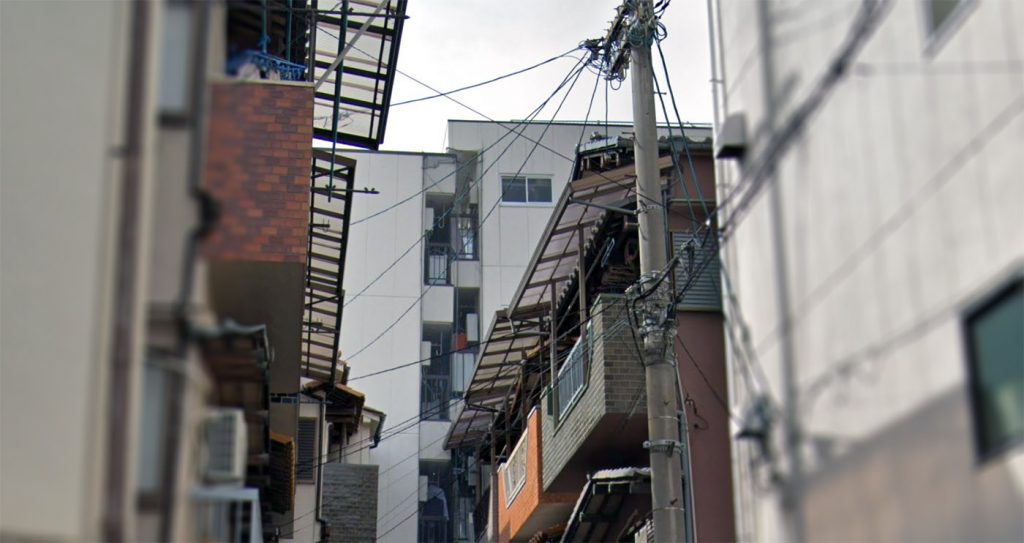
On April 27, the Sankei Shimbun newspaper reported on two neighboring apartment buildings in Osaka that are leaning to the point where they are now touching. One of the buildings was deemed at risk of collapse over 8 years ago, yet the building owner has taken no action. Several tenants continue to live in the buildings.
Six Senses and Banyan Tree to open in Kyoto in 2024
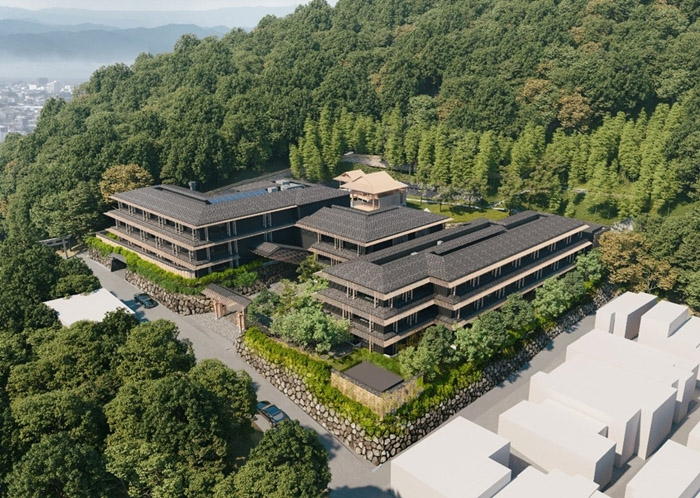
Six Senses and Banyan Tree will both be opening luxury hotels in Kyoto's Higashiyama district in 2024. Both hotels will be the first of their kind in Japan.
